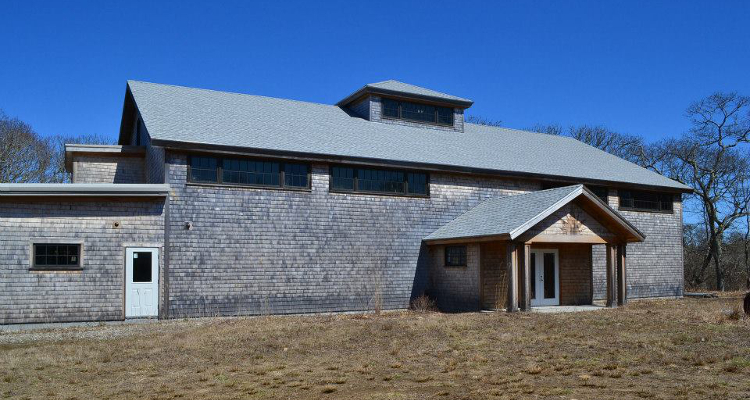In Massachusetts, the long-running effort by the Wampanoag Tribe of Gay Head (Aquinnah) to open a Class II electronic bingo hall on the island of Martha’s Vineyard has reportedly been dealt a major boost after the United States Supreme Court announced that it would not be hearing a petition against the endeavor filed by state and local authorities.
According to a report from The Martha’s Vineyard Times newspaper, Massachusetts Attorney General Maura Healey had joined with the island town of Aquinnah and the Aquinnah/Gay Head Community Association in order to ask the nation’s highest court to issue a writ of certiorari, which is also known as a ‘cert’, in order to refer the matter back to the United States Court of Appeals for the First Circuit for further consideration.
The newspaper reported that the Wampanoag Tribe of Gay Head (Aquinnah) has been trying to bring Class II gaming to its 6,500 sq ft community center on the affluent island for many years but has faced stiff opposition via numerous legal actions. These culminated in the United States Court of Appeals for the First Circuit ruling in May that it would not be hearing an appeal against its earlier decision that had reversed a lower court judgment and gave the tribe permission to operate electronic bingo terminals on Martha’s Vineyard.
The Martha’s Vineyard Times reported that the Friday decision from the United States Supreme Court means that the matter has now been ‘distributed for conference’, which is likely to see it automatically denied without discussion and pave the way for the tribe to begin the process of bringing electronic bingo games to the 60,000-acre island.
“We’re disappointed that a ‘cert’ was denied but know it’s only granted in a small number of cases,” Ronald Rappaport, an attorney for the small town of Aquinnah, reportedly told the newspaper. “I’ll be meeting with selectmen later this week to discuss options.”
The newspaper reported that state and local authorities had originally objected to the Class II machines coming to Martha’s Vineyard because the federally-recognized tribe had signed a deal in 1983 that saw it agree not to offer any form of gaming in exchange for being granted about 400 acres of tribal land. But, the Wampanoag Tribe of Gay Head (Aquinnah) later contended that this agreement had been invalided 1988’s Indian Gaming Regulatory Act, which allows the federal government to independently sanction Class I and Class II gaming facilities.
The Martha’s Vineyard Times reported that the Wampanoag Tribe of Gay Head (Aquinnah) spent about $1.1 million in 2014 to purchase some 17 acres of Martha’s Vineyard land before having a portion of this plot placed into trust by the Bureau of Indian Affairs, which effectively transformed it into sovereign tribal territory eligible to host Class II gaming facilities.



